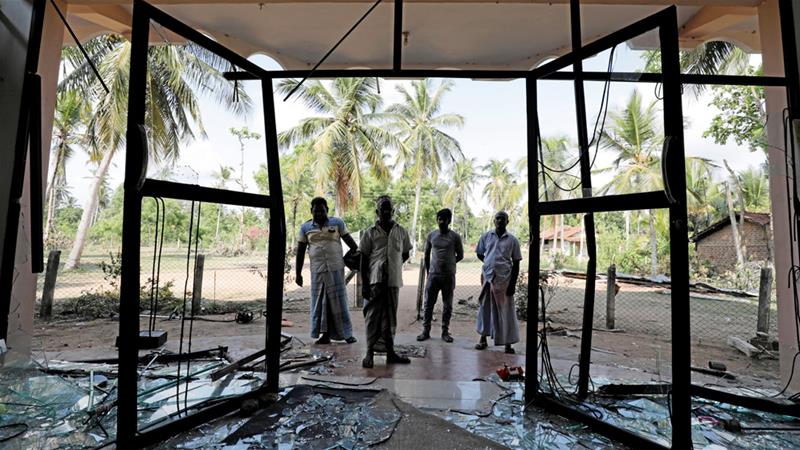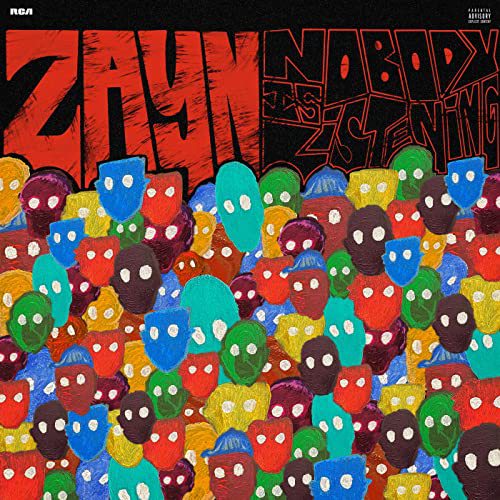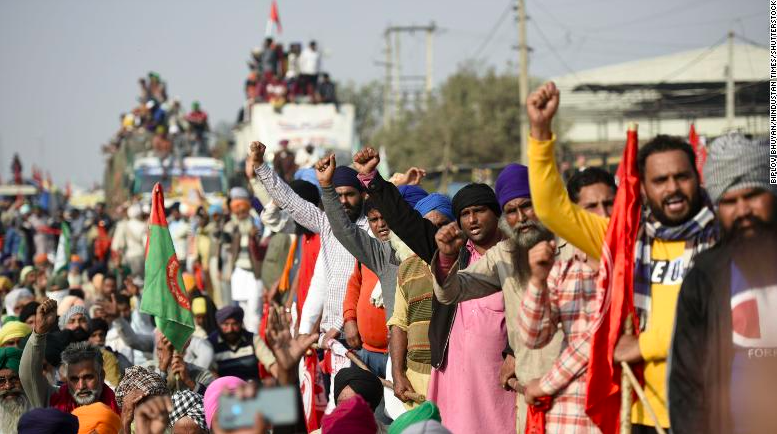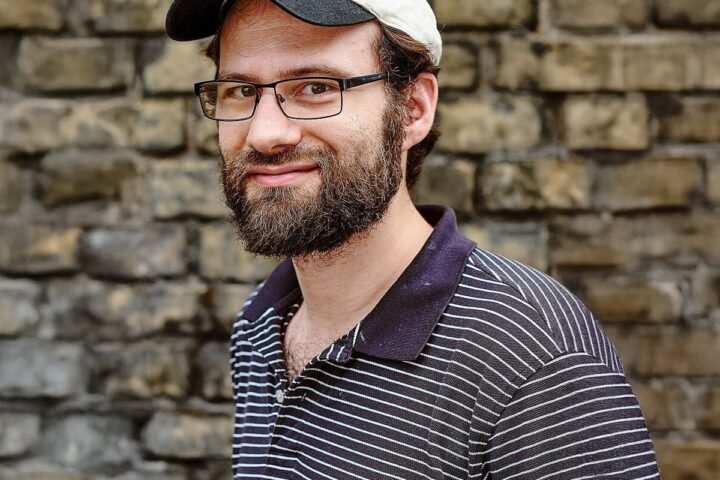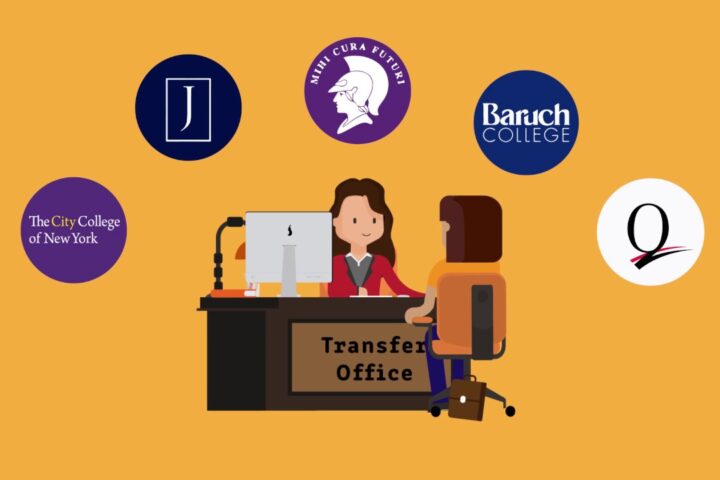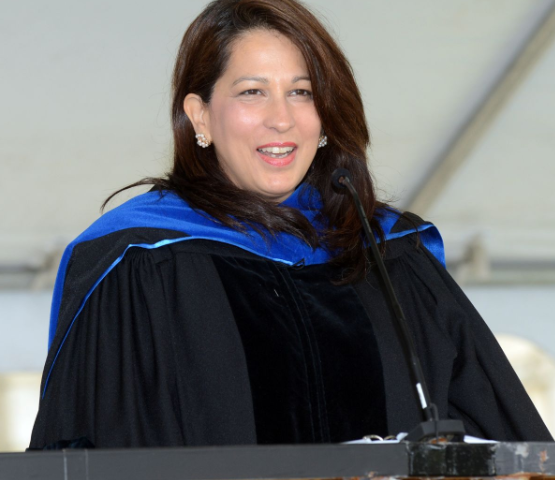Easter Sunday is supposed to be a holiday where you spend time with loved ones. For the people of Sri Lanka, this family holiday became a horrific nightmare. On this year’s Easter Sunday, people in Sri Lanka were attending religious services when eight blasts occurred leaving at least 290 people dead and 500 injured. Reports also state that 38 foreigners were among the dead including British, Indian and US citizens. One of the first victims to be identified was celebrity chef, Shantha Mayadume.
According to BBC News, three of the explosions occurred at churches: in the Kochchikade district of the Capital, Colombo, in Negombo, to the north and in the eastern city of Batticaloa. The other three blasts occurred at the Shangri-La, Kingsbury and Cinnamon Grand hotels in Colombo. Then, two further explosions occurred in southern Colombo and near the Colombo district of Dematagoda during a police raid. Authorities now say there were nine suicide bombers, and have arrested around 60 people in a nationwide investigation. The attacks are Sri Lanka’s deadliest act of violence since the end of the 26-year civil war in 2009.
They have also led to a rise in religious tensions in Sri Lanka because of its small Christian minority, which makes up just 7% of the population of 21 million people. Hindus and Muslims make up around 12% and 10% of the population respectively, while Theravada Buddhism is Sri Lanka’s biggest religion, observed by about 70% of the population. According to the New York Times, “In a few areas, Muslims and Muslim-owned business have been attacked.” Clothing is also coming under fire as women are being asked not to wear the niqab, which covers their face, temporarily. These incidents have created a sense of fear for their lives among Sri Lankan Muslims.
The Sri Lanka government has come under fire for ignoring warnings that were being given about the attacks in advance. The Indian intelligence service had been passing very useful intelligence in the days leading up to the attack. The first one came two weeks before the attacks on April 4th of a potential plot to launch suicide attacks on churches. Government spokesman Rajitha Senaratne told reporters that, “The warnings were repeated two days and two hours before the attacks.” The Sri Lankan president, Maithripala Sirisena, said: “I have to specifically mention that the intelligence was not reported to me by the responsible people.”
This has raised many questions as to the handling of the attacks, and bears a resemblance to the 9/11 attacks in the U.S., after which the FBI and CIA were both accused of having knowledge about a possible attack on the World Trade Center in advance of its occurrence. The Sri Lanka government has currently declared a state of emergency.
The Islamic State of Iraq and Syria (ISIS) has claimed responsibility for the attacks. Though there are no official implications of their involvement in the attack, the threat is being taken seriously because of the death toll. BBC security correspondent Gordon Corera also adds, “The choice of targets is more in line with ISIS ideology than with traditional types of communal violence seen in Sri Lanka.”
Officials in Sri Lanka, however, placed blame on a domestic Islamic extremist group The Nation Thowfeek Jamaath (NTJ). The state minister of defence, Ruwan Wijewardence, said that NTJ also acted with the help of another Sri Lanka extremist group, Jammiyath Millathu Ibrahim (JMI).
Many people internationally have expressed deep sadness over the attack. Snafinaz Begum, school lunch helper at Metropolitan High School, said: “It’s really sad. I don’t feel good seeing all these bad things happening in the world.”


